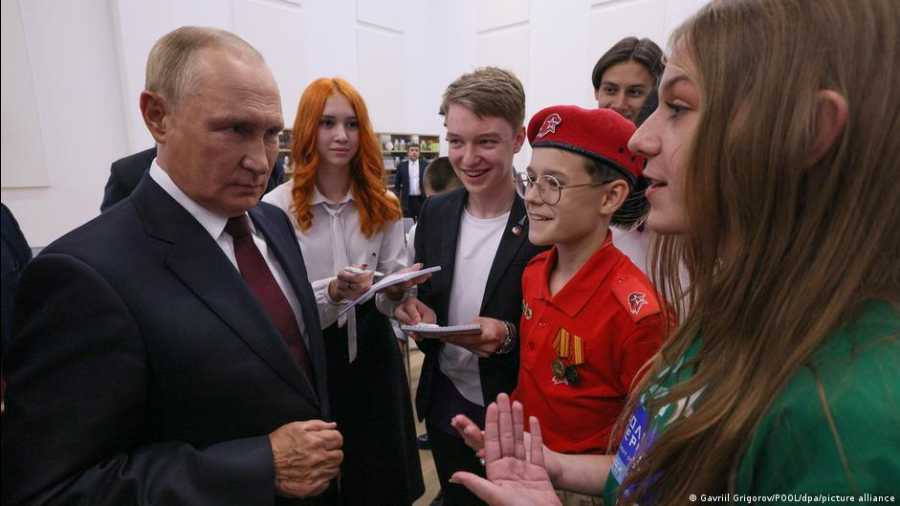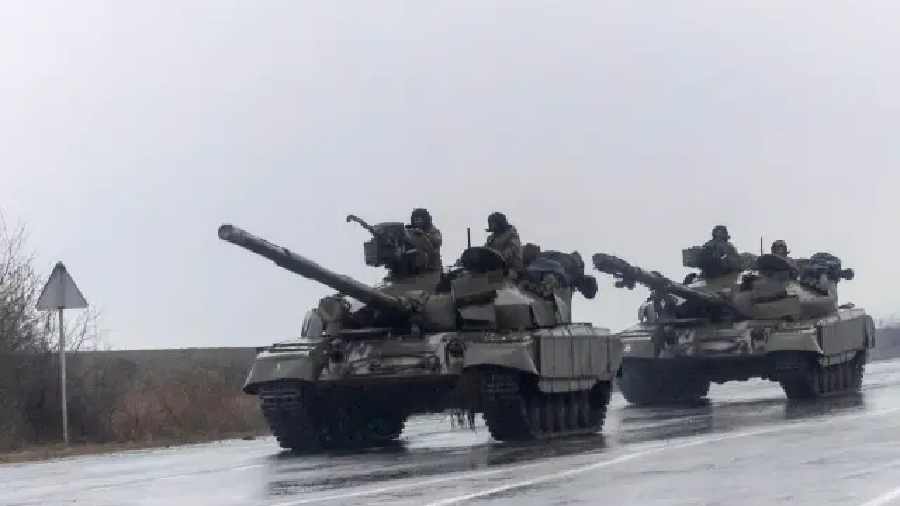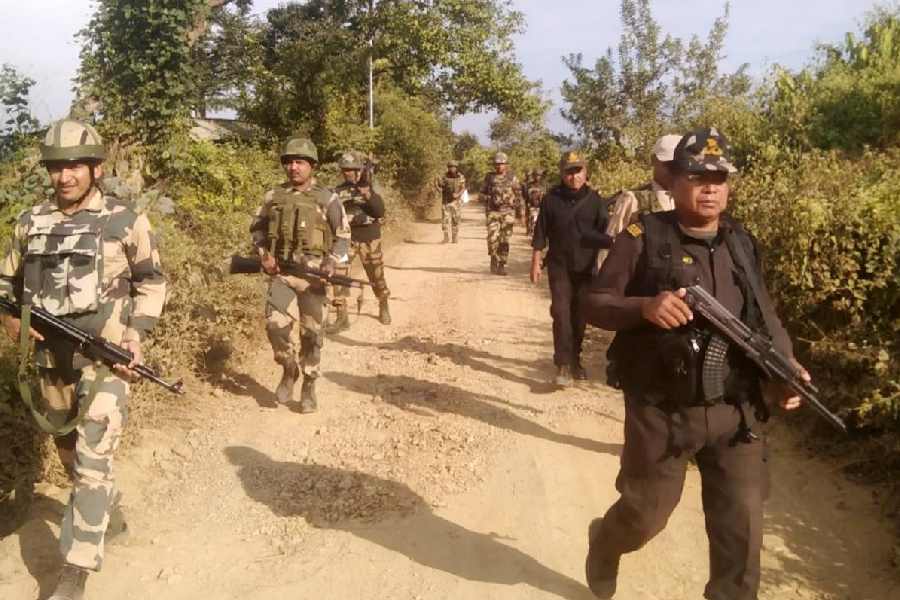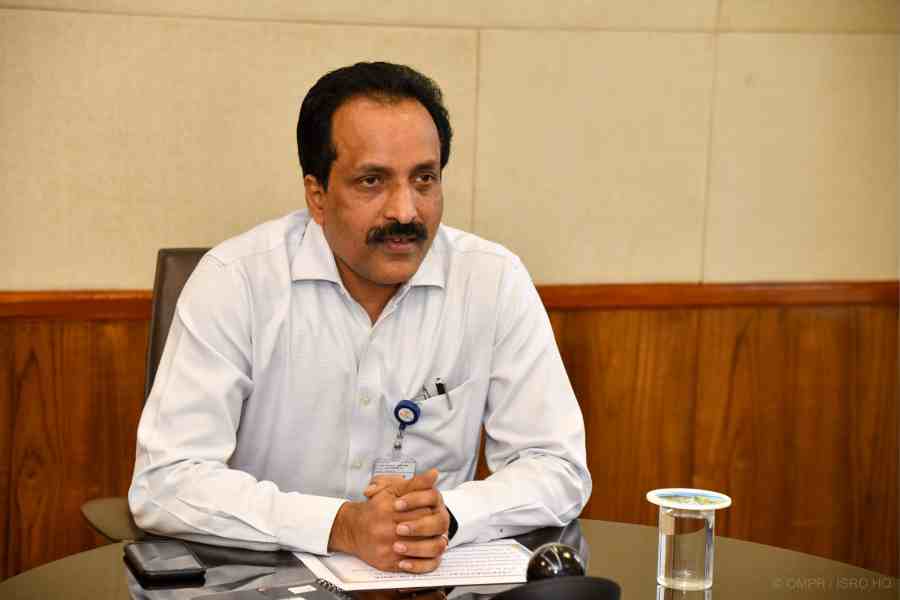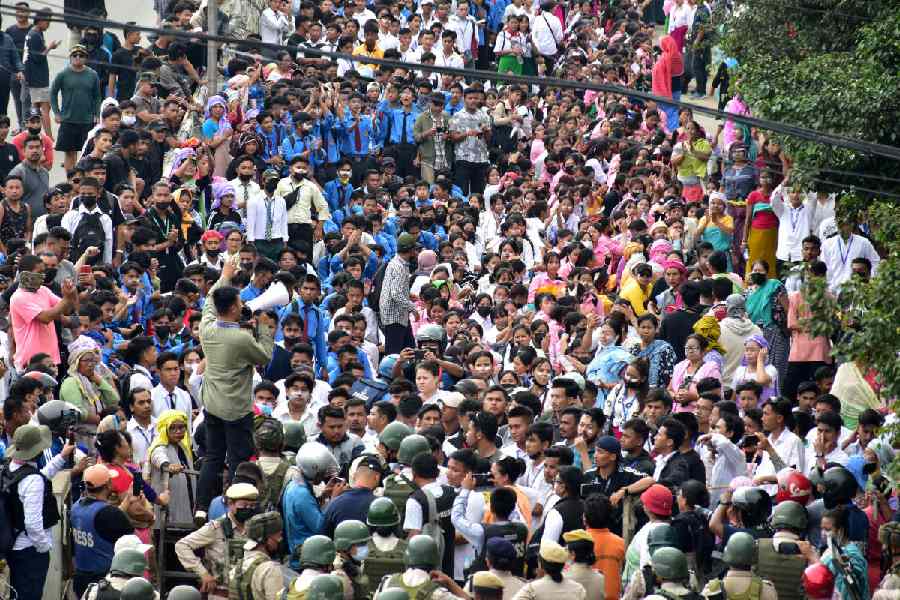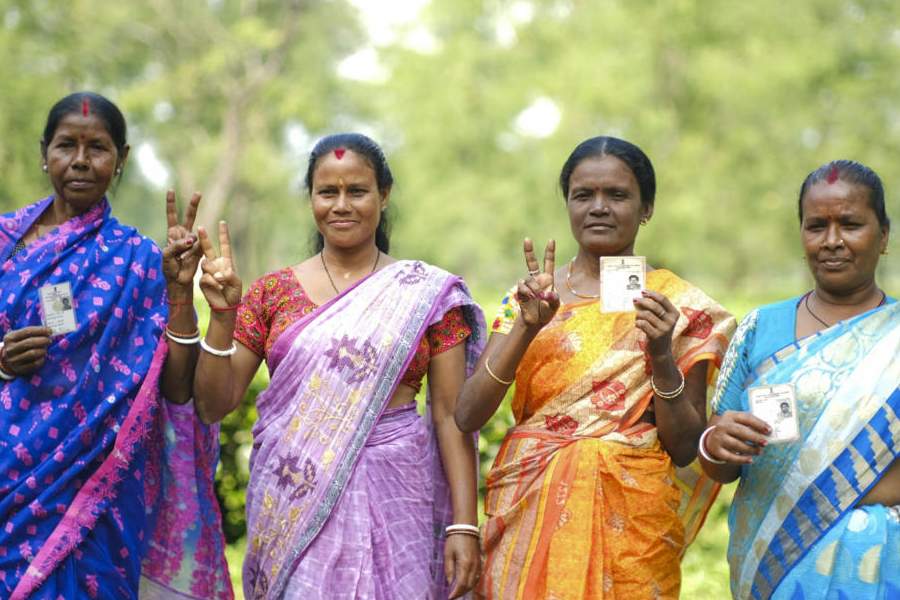For the past two months, along with the mandatory raising of the Russian flag, the school week in Russian schools has started with a class called "Conversations about important things." The Education Ministry specifies what these important things are.
Sometimes the class focuses on official holidays like Mother's Day, Father's Day and the Day of the Older Generation; but on Teacher's Day, students were told why the occupation of Ukrainian territory by Russian troops is a "historical justice": because it was "originally Russian territory."
The school children often hear about Ukraine. Mark, whose named has been changed to protect his identity, goes to school in St. Petersburg.
Concerning terrorism, he says the director and teachers all told him Ukraine was carrying out attacks: "Actually, we were supposed to learn how to act in case of a terrorist attack."
"'Russia is constantly attacked by someone and everyone wants to destroy the country'," a high school student from Kaliningrad says the head of his school told their patriotism class last month.
Interrogated after a missed class
Parents who want to keep their children away from such lessons can get into trouble. A report to the Youth Welfare Office and forced psychological counseling in a state office — that's what the family of 10-year-old Varya Sholiker faced because she skipped "Conversations about important things" in a Moscow school.
A commission at the school discussed her daughter's behavior, her mother Yelena Sholiker recalls. A representative of the school's management, a psychologist, and a man believed to be a member of the FSB domestic intelligence service told her they were concerned about Varya's failure to take part in "Conversations about important things."
They also pointed out that the girl posted an Internet meme of Saint Javelin on WhatsApp, showing a saint-like figure holding an anti-tank system used in Ukraine against the Russian invaders in front of the Ukrainian national colors of blue and yellow.
Following interviews at the school and with the police, inspectors searched the family's home. In their report, they pointed out "suspicious colors" in the interior design. They said they found extremist channels had been watched on Yelena Sholiker's laptop, and that the mother could provide no explanation.
The report listed "blue and yellow colors in the apartment — according to Yelena Sholiker, she likes this color spectrum."
The inspectors concluded that Yelena Sholiker "projects her political views onto her daughter and does not exercise parental control over publications on social networks."
They wrote that the Saint Javelin meme showed that the 10-year-old girl "lacks knowledge of the history of her homeland and the political orientation of her country and the world." They ordered psychological counseling for both mother and daughter.
Tough choice for teachers
The patriotism lessons pose a difficult decision not only for parents, but also for teachers. "There used to be only isolated cases of teachers persecuted for statements on social networks and participation in rallies, but it seems that has now become institutionalized," says Russian Alliance of Teachers chairman Daniil Ken.
He adds that propaganda lessons are now imposed, forcing people to decide whether or not to participate in them. Ken was classified as a "foreign agent" by the authorities in September.
The Alliance of Teachers is defending Tatyana Chervenko in court. The Moscow teacher refused to "talk about important things" and gave an interview on the Dozhd television channel, which now broadcasts from Latvia but is aimed at viewers in and from Russia.
She was reprimanded by the school administration, a move she is contesting. Chervenko still teaches at the school, but Daniil Ken suspects she will be dismissed.
'Ideological educational work'
A long drawn-out dispute between Rauschan Valiullin and the management of a school in Naberezhnye Chelny, a large city in the Russian republic of Tatarstan, ended with the termination of the history teacher's employment.
In August, Valiullin attended a teachers' meeting on the topic of "Specifics of Ideological Educational Work with Children and Educators" — which includes "Conversations about important things."
The teacher criticized the state's interference in his work as a violation of Article 13 of the Constitution of the Russian Federation, which prohibits a coercive ideology. Valiullin was fired. In court, he was able to prove that the dismissal was unlawful and that he should be reinstated as a teacher.
He did not wait around for the verdict. He said he could not reconcile a return to the school with his conscience — threatened with having a camera installed in his office to monitor his statements, he would have been required to lead "Conversations about important things."
Valiullin decided to move to Kyrgyzstan. "All statements against the war are forbidden," he says. "I have several children and I have to act responsibly,"

